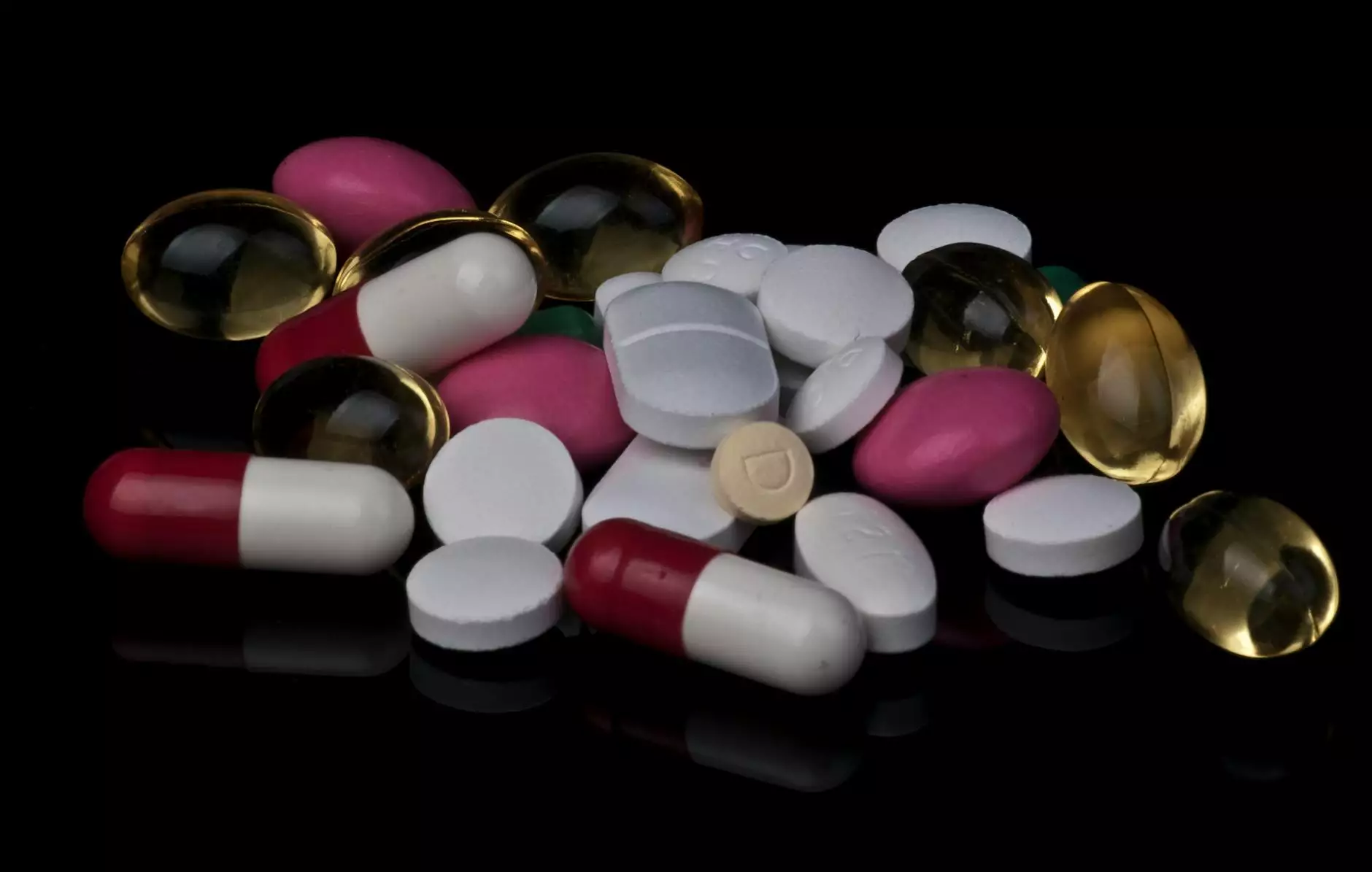Understanding the Intersection of Pharmacy and Addiction Medicine

In the ever-evolving landscape of healthcare, the intersection of Pharmacy and Addiction Medicine plays a crucial role in ensuring effective treatment for individuals struggling with substance use issues. At the forefront of this discourse is https://alprazolam-xanax.com, where the delicate balance between providing necessary medications and addressing the complexities of addiction takes center stage.
The Role of Pharmacy in Addiction Treatment
Pharmacists are essential healthcare providers who contribute significantly to addiction medicine. Their role encompasses:
- Medication Management: Pharmacists oversee the safe dispensing of medications, ensuring that patients receive the correct dosage and usage instructions.
- Patient Education: They provide vital information on drug interactions, potential side effects, and the importance of adherence to medication regimens.
- Monitoring Therapeutic Outcomes: Pharmacists monitor patients for therapeutic responses and adjust treatment plans in collaboration with physicians and other healthcare professionals.
Key Medications Used in Addiction Treatment
Understanding the medications associated with addiction treatment is crucial for both patients and healthcare providers. Some common medications include:
- Buprenorphine: A partial opioid agonist that alleviates cravings without producing severe euphoria.
- Naltrexone: An opioid antagonist that blocks the effects of opioids and reduces the desire to drink alcohol.
- Acamprosate: Used to maintain abstinence in individuals recovering from alcohol dependence.
In particular, Xanax (alprazolam) is often prescribed for anxiety and panic disorders, but it can also lead to dependency if not managed properly. This highlights the importance of responsible prescribing and ongoing monitoring by healthcare professionals.
The Experience of Addiction
Addiction is a complex disease characterized by compulsive substance use despite harmful consequences. It can significantly affect an individual's mental and physical health, relationships, and overall quality of life. Understanding the disease model of addiction is vital for eliminating stigma and facilitating effective treatments.
Signs and Symptoms of Addiction
Individuals struggling with addiction may exhibit a variety of symptoms, including:
- Behavioral Changes: This might include neglecting responsibilities, withdrawing from social interactions, or increasing secrecy.
- Physical Health Issues: Chronic illnesses or sudden weight loss may indicate substance use problems.
- Psychological Symptoms: Anxiety, depression, or mood swings are common in those with addiction.
The Importance of Integrated Care
Integrated care that combines pharmacy services and addiction medicine is essential for improving patient outcomes. This multidisciplinary approach fosters:
- Holistic Treatment: Addressing the physical, psychological, and social aspects of addiction.
- Improved Access to Care: Streamlining referrals and treatment plans through collaborative care models.
- Enhanced Patient Engagement: Empowering patients to take an active role in their recovery process.
Support Programs and Resources
Many resources are available to support individuals in recovery, including:
- Support Groups: Programs like Alcoholics Anonymous (AA) and Narcotics Anonymous (NA) provide communal support for recovery.
- Counseling Services: Professional counseling can help individuals address underlying issues contributing to their addiction.
- Pharmacy Services: Pharmacists can also offer counseling and medication management tailored to addiction treatment.
Overcoming Stigma in Addiction Treatment
Despite progress in understanding addiction as a treatable illness, stigma remains. This can prevent individuals from seeking the help they need. Educating the community about addiction as a health issue rather than a moral failing is essential for:
- Encouraging Treatment: Reducing stigma makes it easier for individuals to reach out for help.
- Fostering Compassion: Understanding addiction encourages a more empathetic approach to recovery.
The Future of Pharmacy and Addiction Medicine
The future of addiction medicine is promising, with ongoing research and innovations leading to more effective treatments. As the landscape evolves, pharmacists will continue to be indispensable in the management of addiction.
Emerging Trends in Addiction Treatment
Some exciting developments include:
- Personalized Medicine: Tailoring medication and treatment plans based on individual patient profiles.
- Telepharmacy: Utilizing technology to provide counseling and medication management remotely.
- Research and Development: Ongoing studies aim to discover new medications and therapies for addiction.
Conclusion
The field of addiction medicine is crucial in addressing the complex challenges associated with substance use disorders. With the support of pharmacy professionals, individuals struggling with addiction can gain access to effective treatment options and recovery support. By prioritizing integrated care and fostering an open, stigma-free dialogue about addiction, we can pave the way for healthier communities.
For more information on medications and addiction treatment options, visit https://alprazolam-xanax.com.



